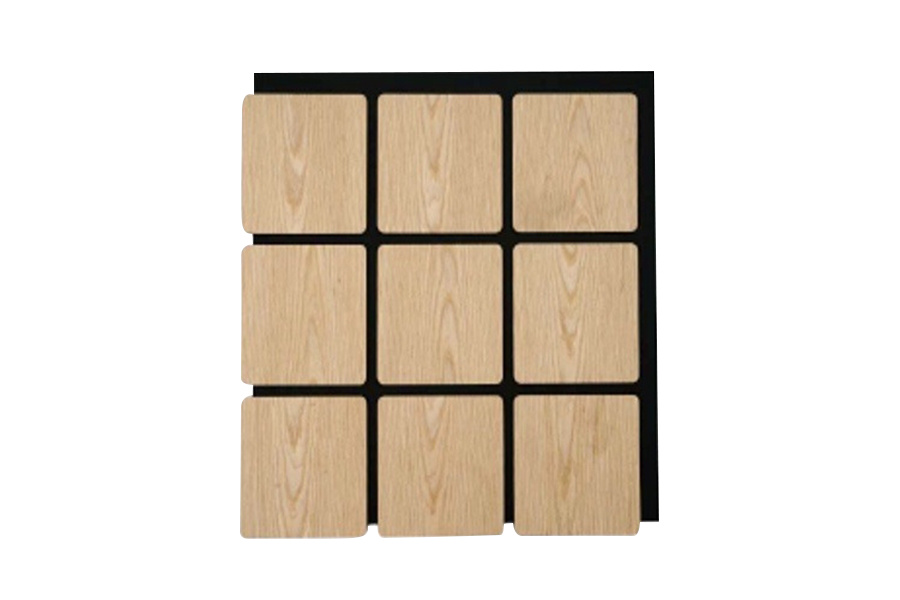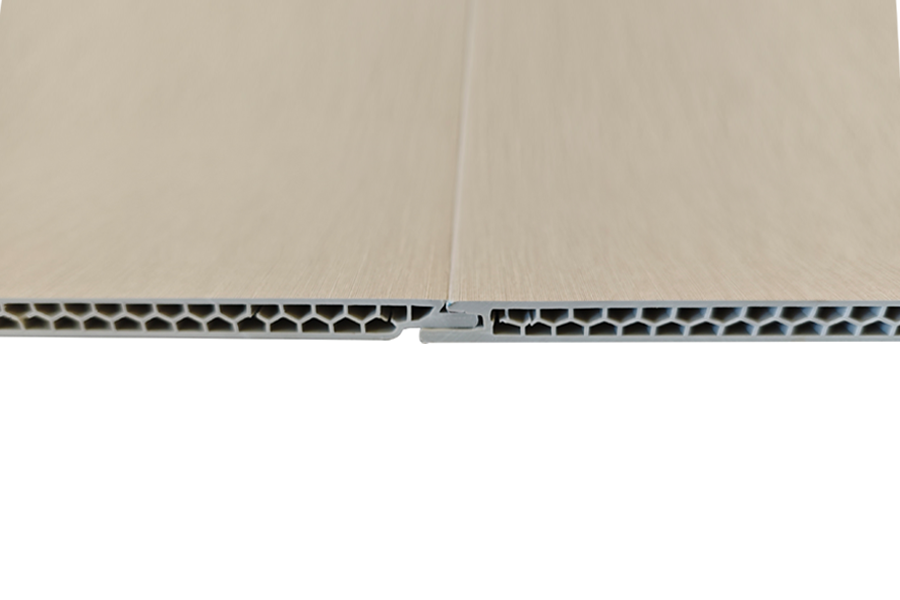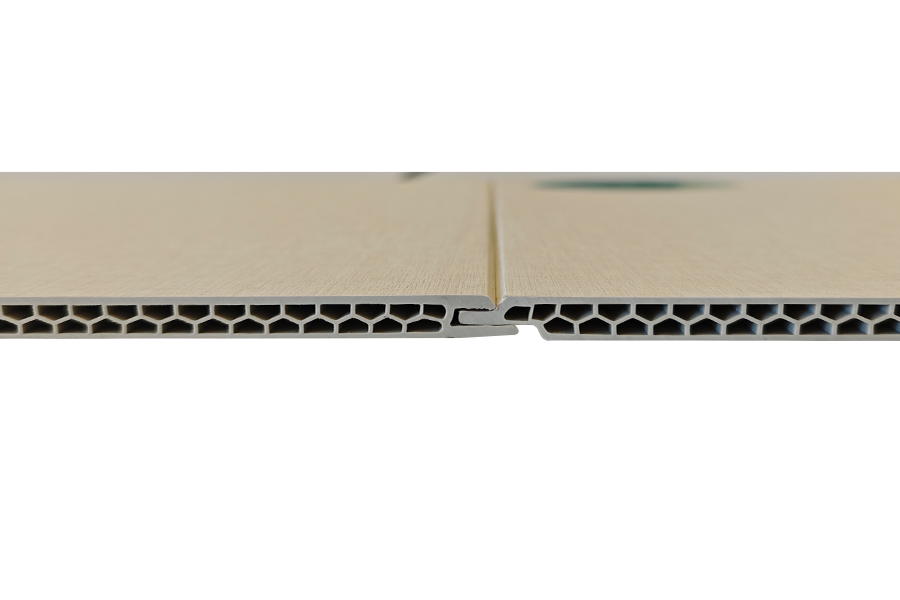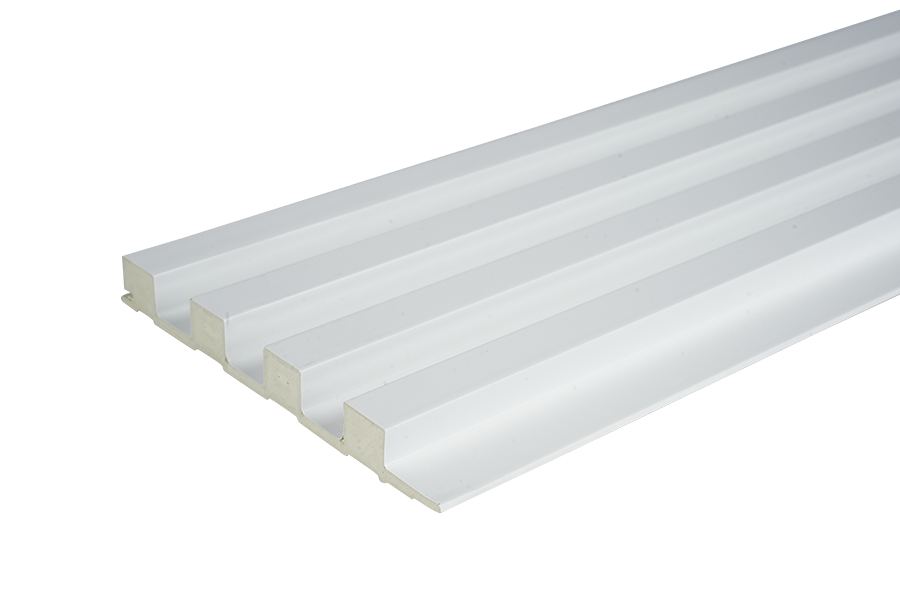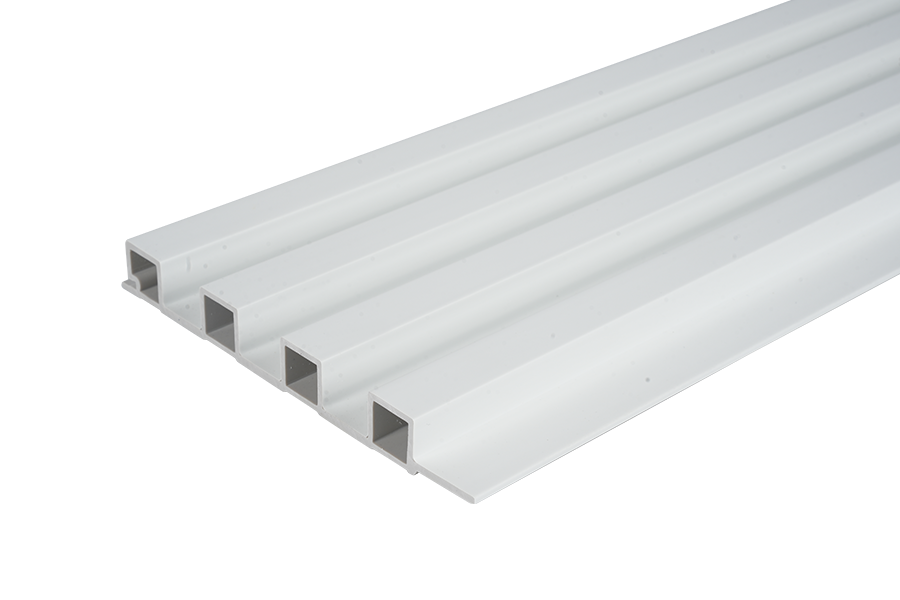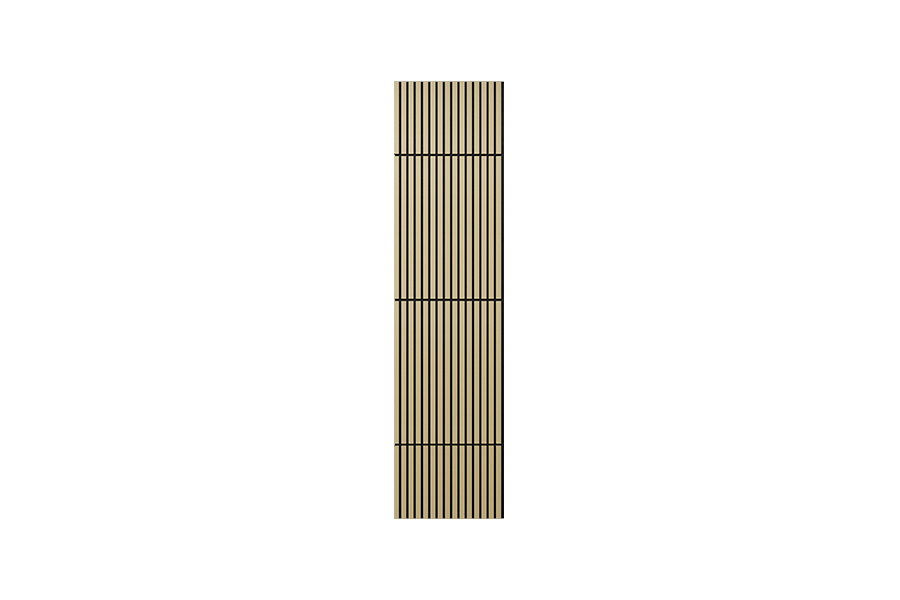In the quest for sustainable living, every material choice matters. The interior design industry has been at the forefront of this movement, with homeowners increasingly seeking eco-friendly alternatives for their living spaces. One such option that has sparked debate is the use of plastic wall panels. The question arises: Are plastic wall panels a good eco-friendly home decor option?
The Environmental Impact of Plastic Wall Panels
Plastic wall panels, while offering a range of design possibilities, have a complex relationship with eco-friendliness. On one hand, they are often touted for their durability and low maintenance, which can reduce the need for frequent replacements and, in turn, decrease waste. However, the production process of plastic is energy-intensive and can contribute to greenhouse gas emissions. Moreover, plastic is derived from petroleum, a non-renewable resource, which raises concerns about its long-term sustainability.
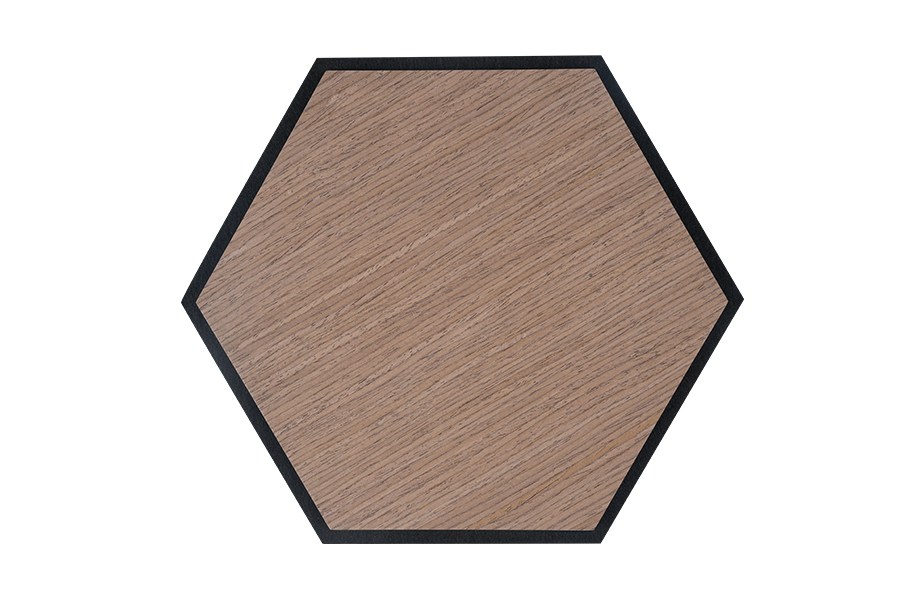
The Role of Soundproof Wood Panels in Eco-Design
In contrast, soundproof wood panels present a more traditional and eco-conscious option. These panels are not only crafted from a renewable resource but also offer outstanding sound absorption capabilities. The natural fibers in wood make it an outstanding medium for reducing noise pollution within a home. Furthermore, when sourced from sustainably managed forests, wood panels contribute to a lower carbon footprint and can even sequester carbon, making them a more environmentally friendly choice.
Fluted Wood Wall Panels: A Sustainable Aesthetic
Fluted wood wall panels offer a unique blend of form and function. Their intricate, vertically grooved design not only provides visual interest but also enhances the panel's acoustic properties. This makes fluted wood wall panels an a Ttr active option for thinking a decorative element that doubles as a home made acoustic panel. the natural material and handmade features add a warmth and aut. henticity to the decor that plastic panels often lack. Moreover, the use of reclaimed or recycled wood can further enhance the eco-friendliness of fluted wood wall panels, promoting a circular economy and reducing waste.
The Sustainability of Homemade Acoustic Panels
Homemade acoustic panels present an opportunity for creative and resourceful homeowners to craft their own soundproofing solutions. By repurposing materials such as old clothes, fabric scraps, or even waste materials, these panels can be both eco-friendly and budget-friendly. The DIY approach to creating acoustic panels allows for customization in terms of design and material selection, ensuring that the final product aligns with the homeowner's aesthetic preferences and environmental values. Homemade acoustic panels can also be a means of upcycling, giving new life to materials that would otherwise be discarded.
Comparing Plastic Wall Panels to Eco-Friendly Alternatives
When comparing plastic wall panels to soundproof wood panels, fluted wood wall panels, and homemade acoustic panels, it's clear that the latter options align more closely with eco-friendly principles. Plastic panels, while offering certain advantages, such as durability and easy maintenance, fall short in terms of their environmental impact and long-term sustainability. On the other hand, wood-based panels and homemade solutions not only provide a natural aesthetic but also contribute positively to the environment by utilizing renewable resources and reducing waste.
A Balanced Approach to Eco-Friendly Home Decor
The debate surrounding plastic wall panels as an eco-friendly home decor option is complex. While they may offer certain benefits, it's essential to weigh these against the environmental costs. Soundproof wood panels, fluted wood wall panels, and homemade acoustic panels present more sustainable alternatives that not only meet the needs of modern design but also align with the growing demand for eco-conscious living. As consumers become increasingly aware of the environmental impact of their choices, it's crucial for the interior design industry to continue exploring and promoting sustainable options that prioritize both style and the health of our planet.






 Español
Español عربى
عربى русский
русский
